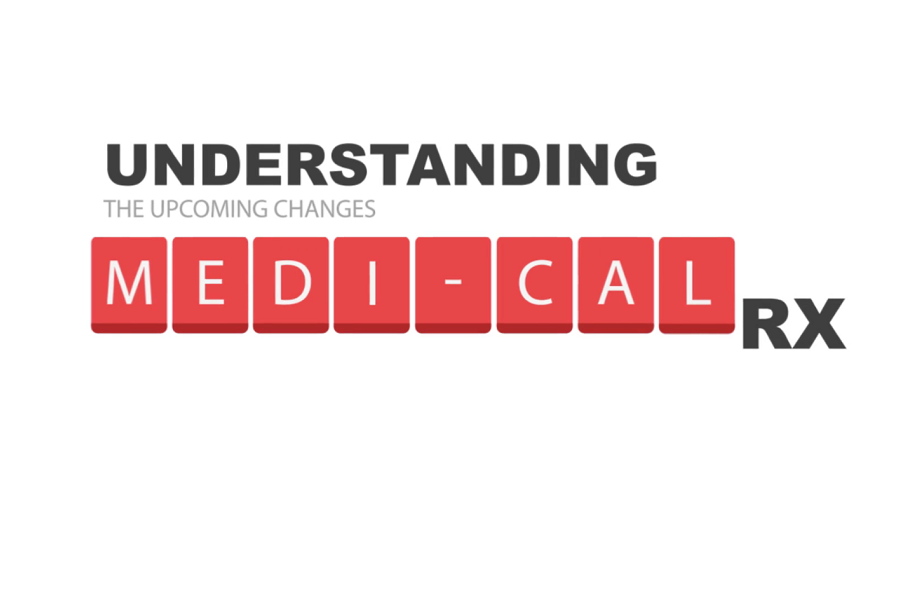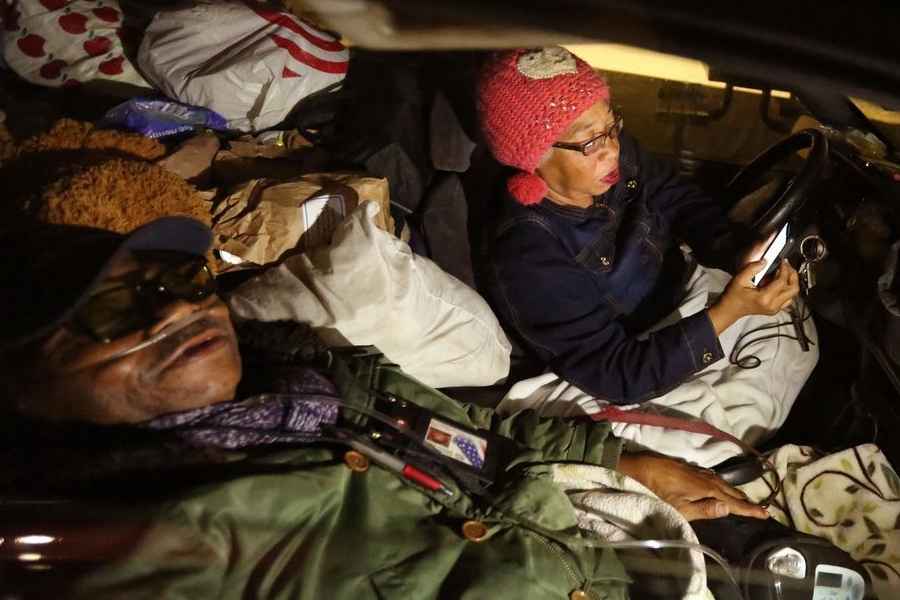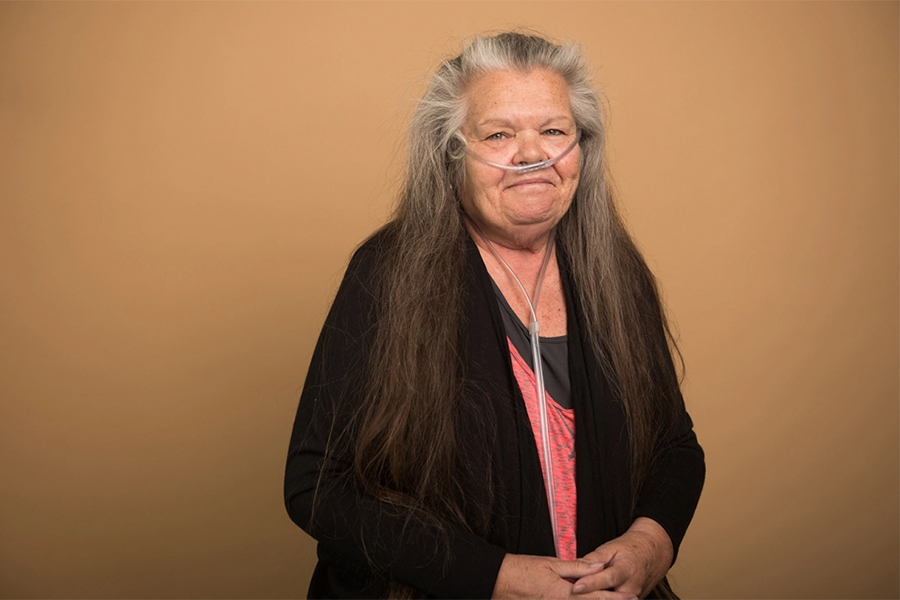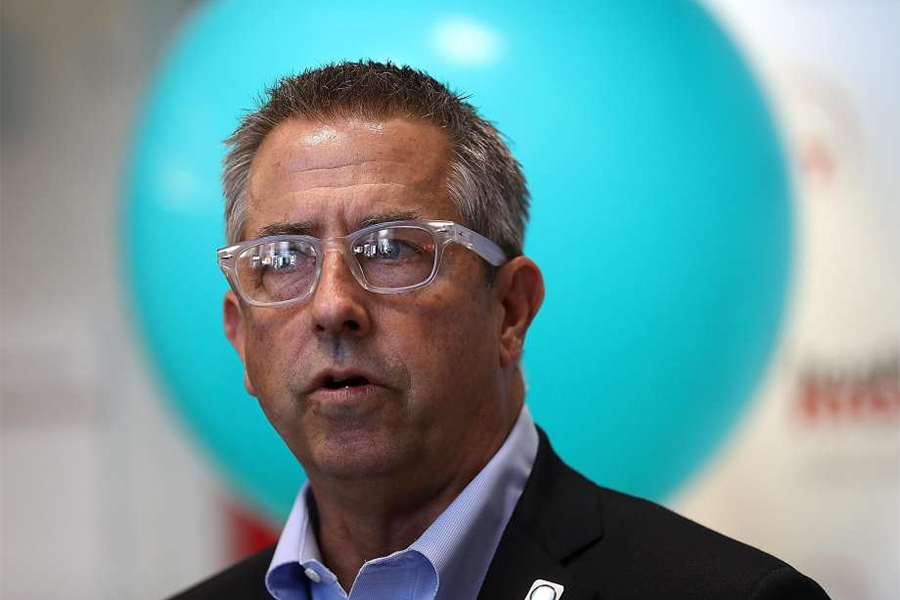Original article authored by Harris Meyer of ModernHealthcare.com on June 14, 2015
California is the latest state to address the increasingly common problem of patients getting large surprise medical bills from out-of-network physicians after receiving care at a hospital that’s in their health plan’s provider network.
The issue has political legs with both Republicans and Democrats. It got prominent attention from the Wall Street Journal and Politico late last week, after Modern Healthcare reported and editorialized about it in our June 8 issue.
Insurers, hospitals, and physicians likely recognize that out-of-network billing is a looming public relations nightmare, particularly with more Americans in health plans with limited provider networks. States that recently have adopted or considered measures to protect patients from surprise out-of-network bills include New York, Texas, and Florida.
Nevertheless, the American Medical Association‘s new president-elect, Dr. Steven Stack, an emergency physician in Lexington, Ky., told Modern Healthcare last week that the problem is mostly or entirely the fault of insurers. He argued that current state legislative and regulatory efforts “misrepresent” the problem. “The real crux of the problem is health insurers are refusing to pay fair market rates for the care and services provided,” he said. “It’s the insurer who refuses to negotiate in good faith and pay a fair rate… Then they turn and say (to) the physician who is billing to get value for service that’s appropriate, ‘You’re the bad guy.’ ”
Earlier this month, the California State Assembly overwhelmingly passed a bill that would protect patients (PDF) by barring providers in in-network hospitals and other healthcare facilities from charging patients more than the in-network rate for the patient’s plan. It’s not explicit in the legislation, but any out-of-network charges likely would be limited by the patient’s deductible, cost-sharing, and maximum out-of-pocket limits, which is not the case now in California or most other states. The state Senate is expected to consider the bill within the next few weeks.
In New York, a new law similarly protects patients who didn’t agree to or unknowingly received services from out-of-network providers. Instead of patients receiving bills, insurers and providers have to resolve the issue through a dispute resolution process. Lynn Quincy, associate director of health reform policy at Consumers Union, said that will force plans and providers to compromise on charges, rather than allowing out-of-network providers to bill patients for amounts far above the market rate.
There are shocker bills for out-of-network emergency physicians, anesthesiologists, hospitalists, radiologists, assistant surgeons and other clinicians who render services to patients in in-network hospitals. These charges infuriate patients because there generally is no way for them to know these providers were out of network and thus they have no way to make informed choices. Patients are particularly infuriated by such bills from emergency doctors, because no one can shop around for a network emergency doc in a medical crisis.
A report last September from the Center for Public Policy Priorities in Austin, Texas, found that the percentage of in-network hospitals in Texas that had no in-network emergency physicians was 56% for Humana, 45% for UnitedHealthcare, and 21% for Blue Cross and Blue Shield of Texas. It’s likely the problem is pervasive in other states as well, but Texas has a rule requiring plans to report on this.
A recent survey by the Consumer Reports National Research Center found that 30% of privately insured Americans in the past two years received a surprise medical bill where their health plan paid less than expected. Among those who got one, nearly 1 in 4 received it from a doctor from whom they did not expect a bill. Only 28% of those who received a surprise bill were satisfied with how the issue was resolved.
In states that are considering protections for patients, a key question is who will eat the extra charges after the patient is let off the hook – the insurer or the provider? The California Medical Association favors the New York approach of requiring independent dispute resolution, according to the Los Angeles Times.
The CMA and other medical groups are lobbying against bill until the issue of how to settle the fee issue is resolved, said Anthony Wright, executive director of the California patient advocacy group Health Access. He agreed there needs to be a mechanism to resolve those disputes. His group would like to see a mechanism that doesn’t favor either side but that encourages insurers and providers to enter into contracts to avoid out-of-network charges entirely. “The key point is they should have negotiations without sticking families’ finances in the middle of it,” he said.
But the AMA’s Stack vigorously rejected the idea of forcing out-of-network doctors into negotiations with insurers. “Putting in a methodology to coerce physicians through yet another way to not receive sufficient payment doesn’t help patients and certainly is not fair to physicians,” he said. “Insurance regulators would do well to focus on the behaviors of the insurance industry first.”






















